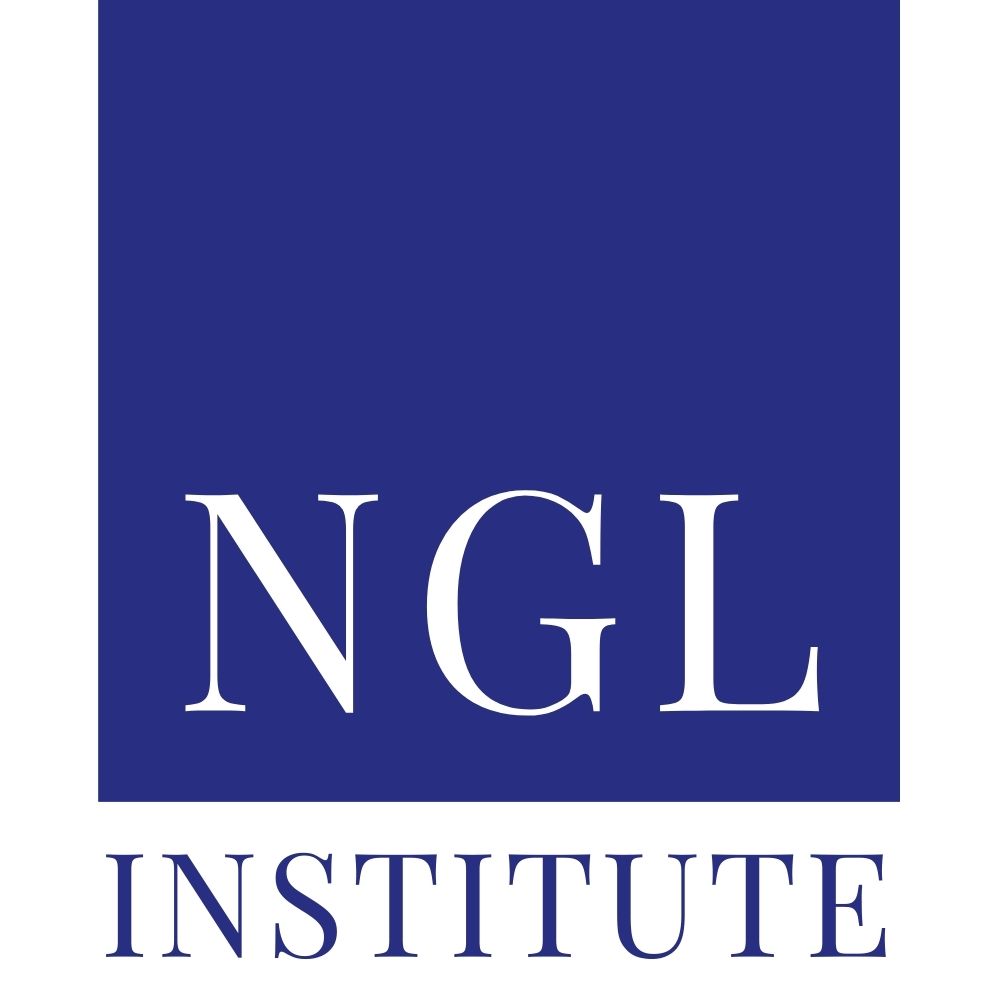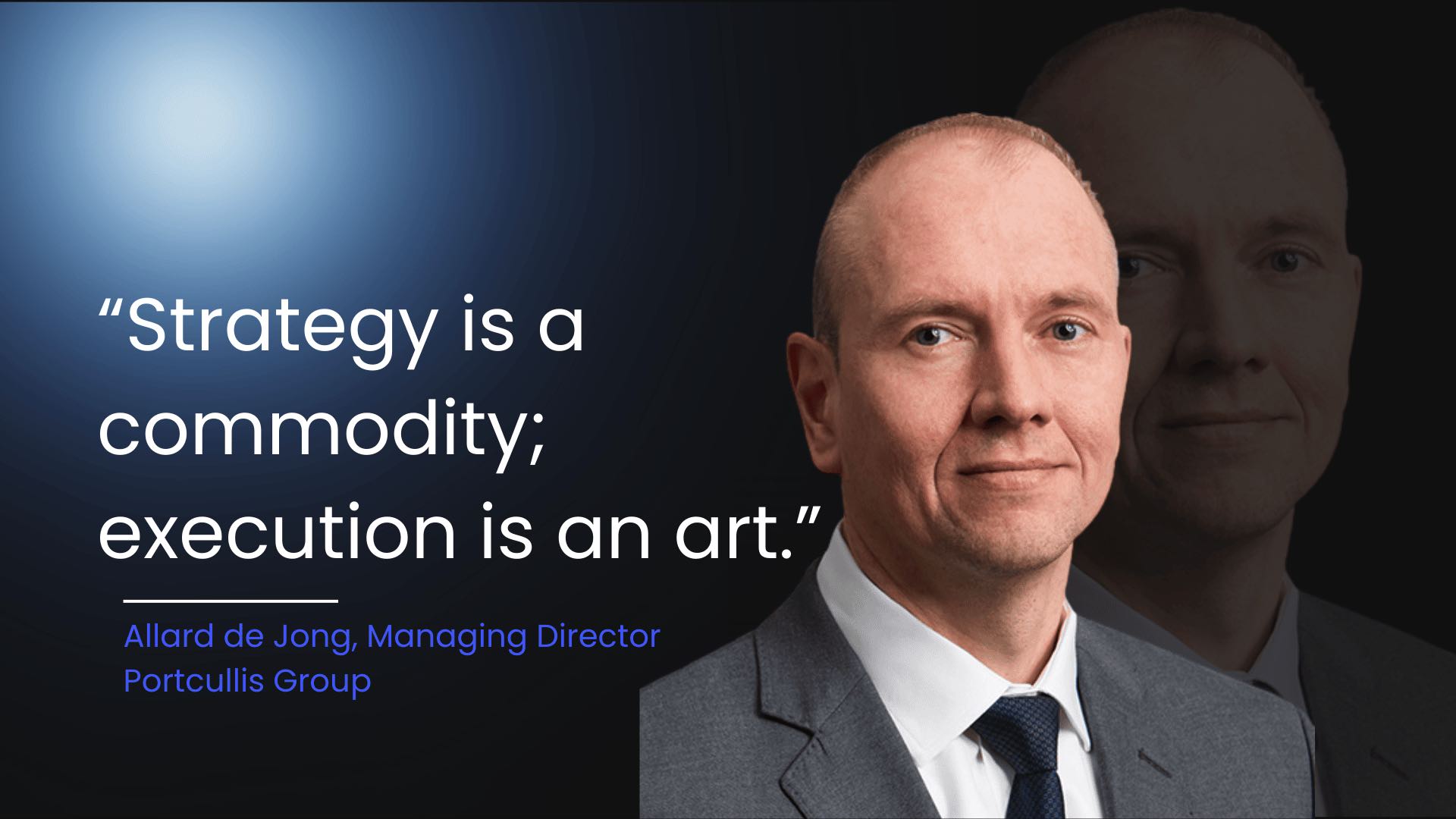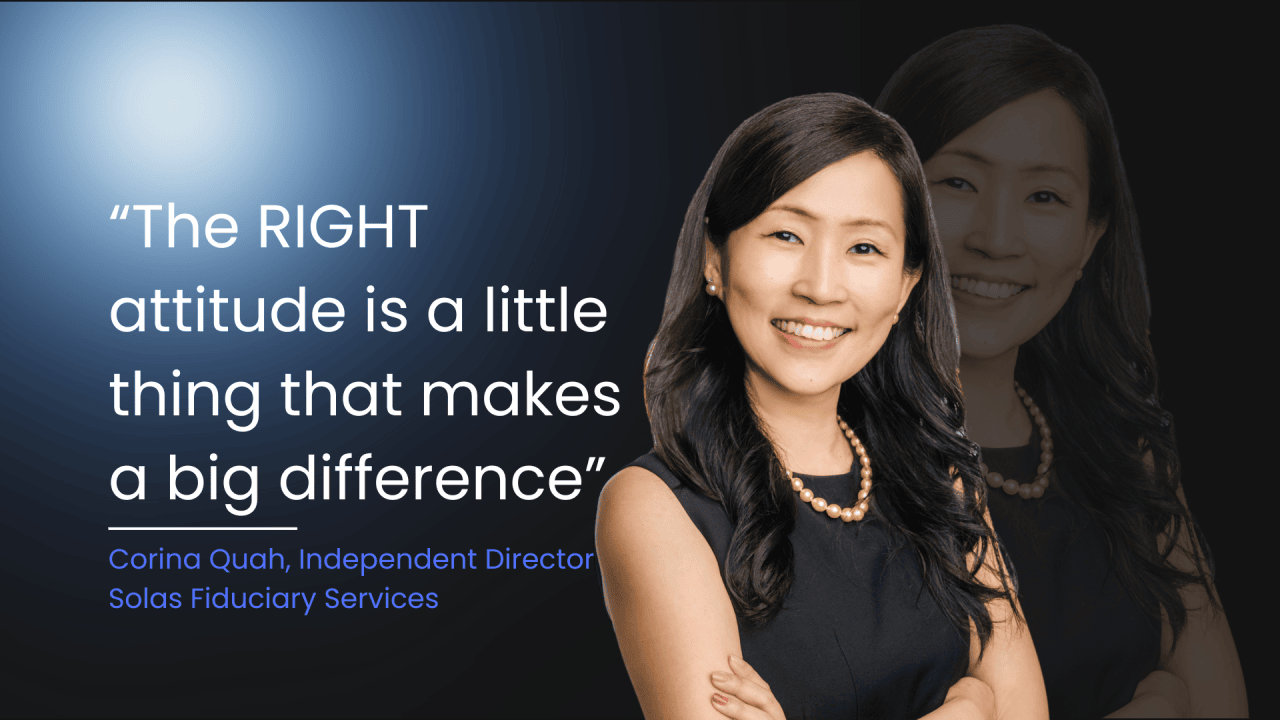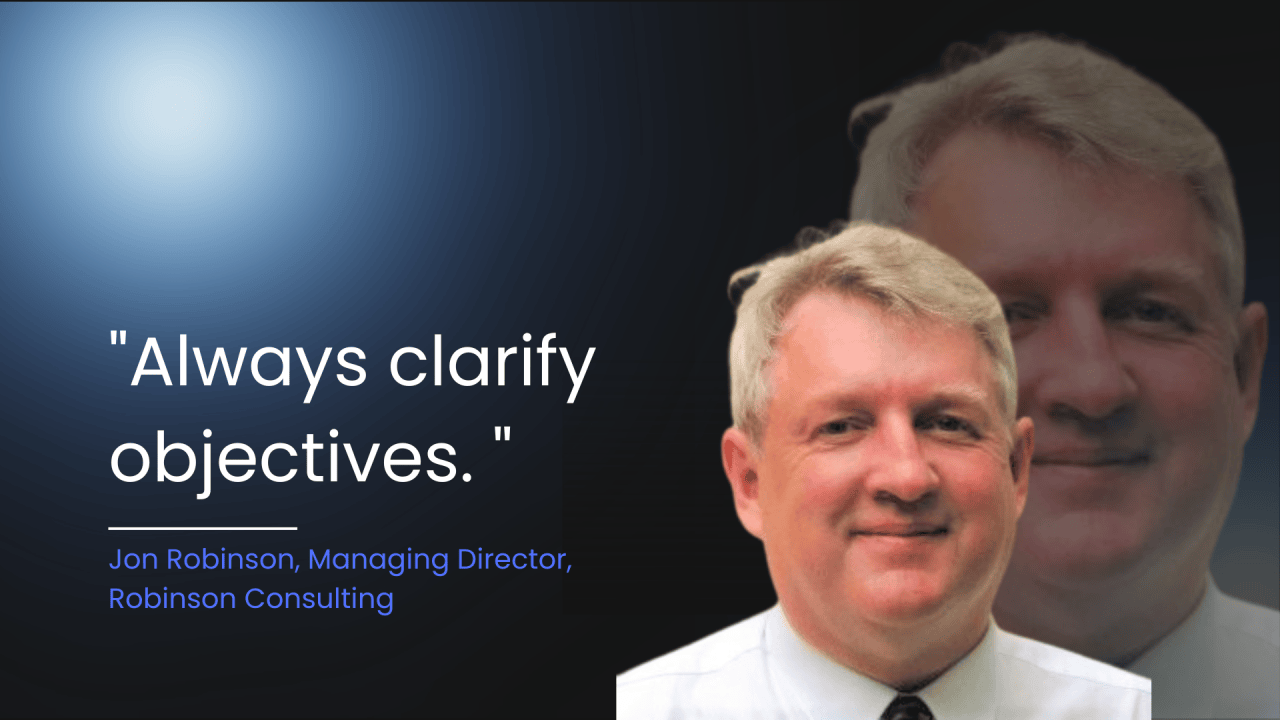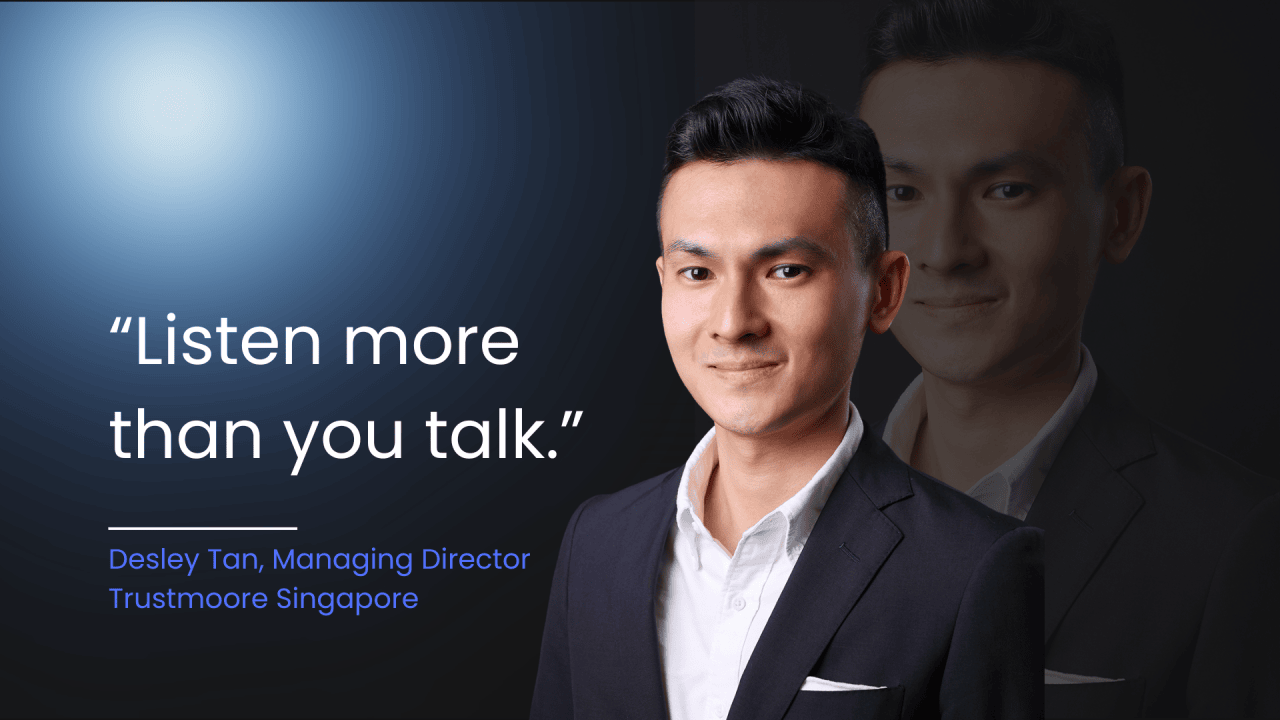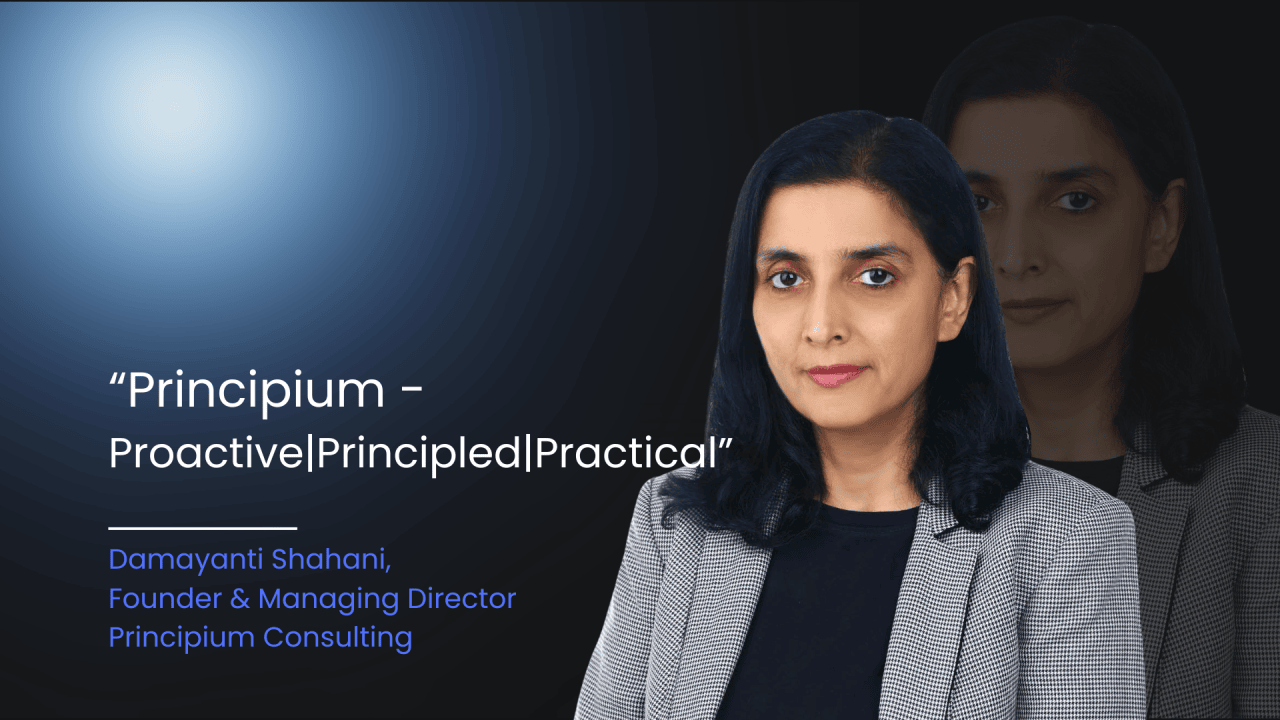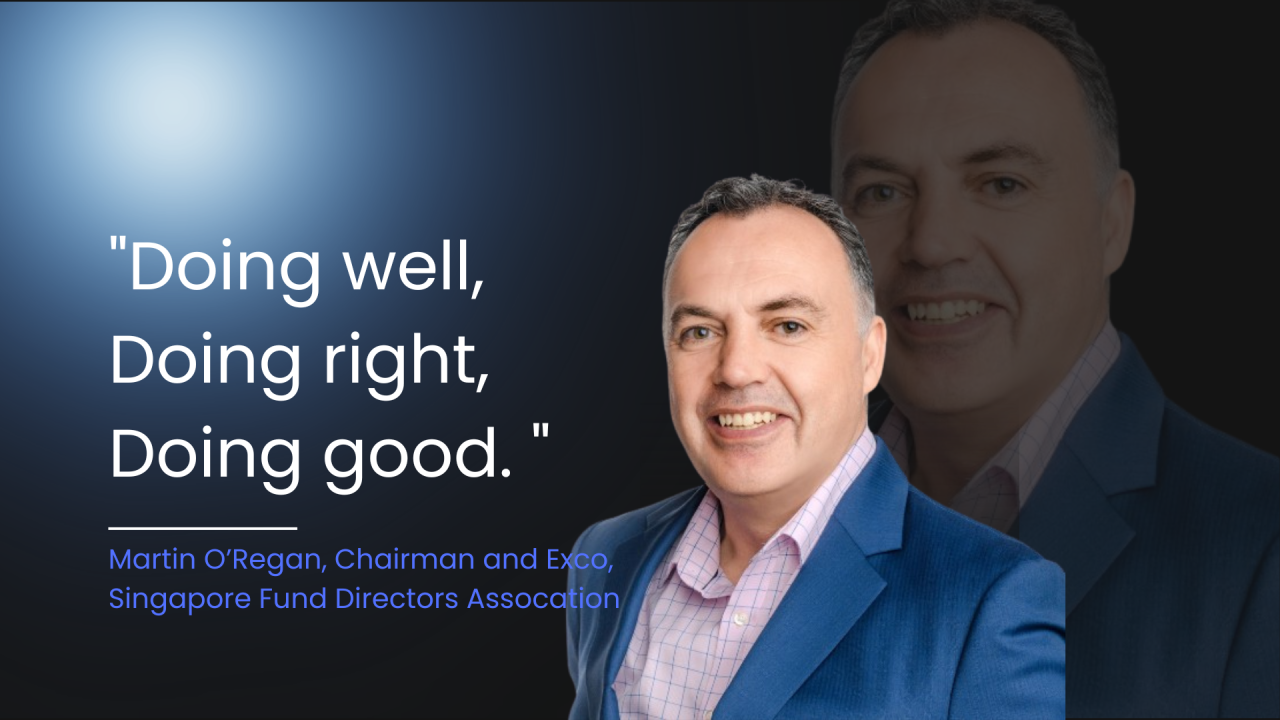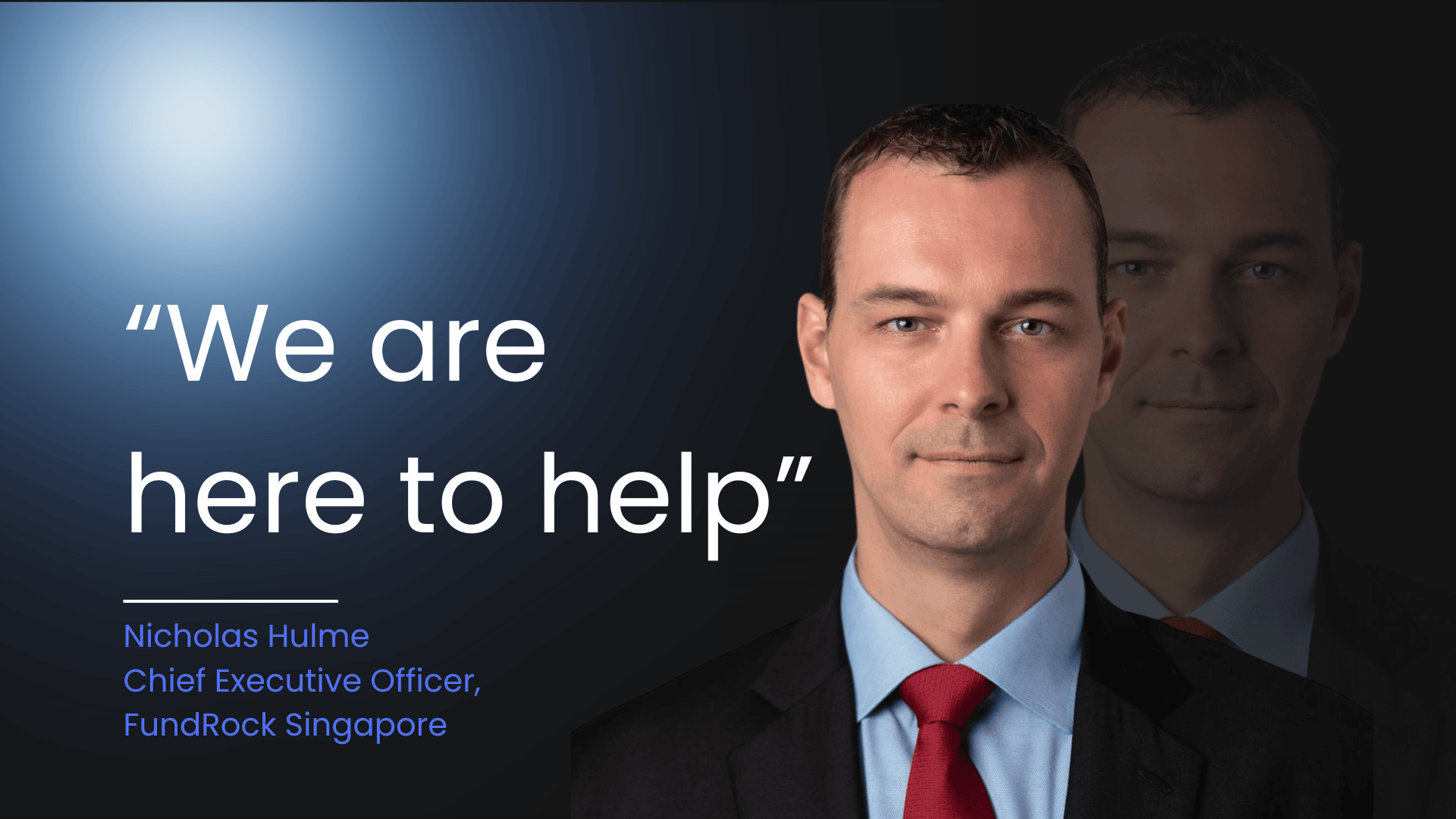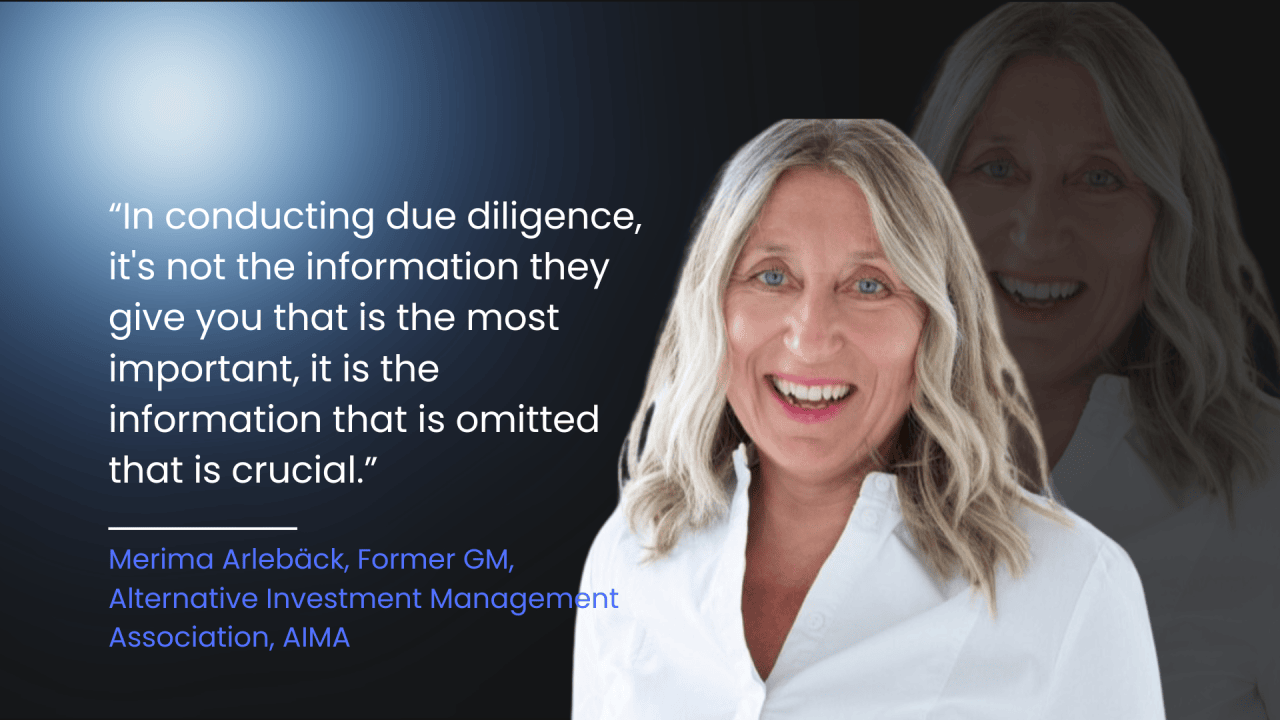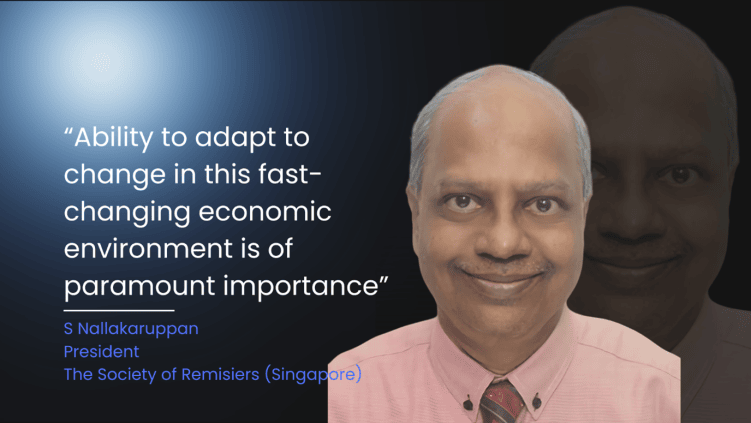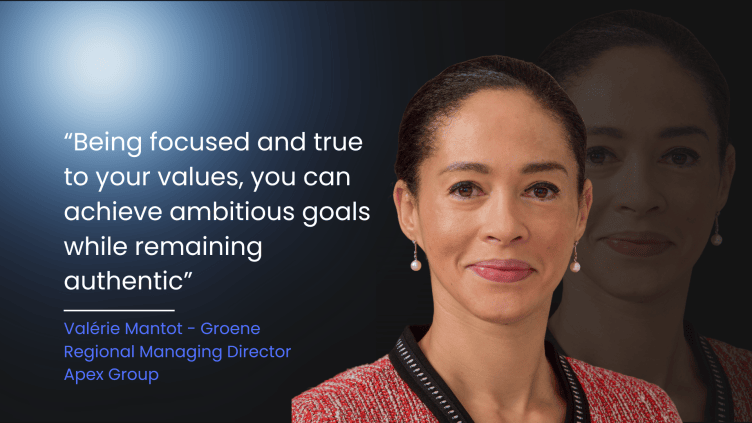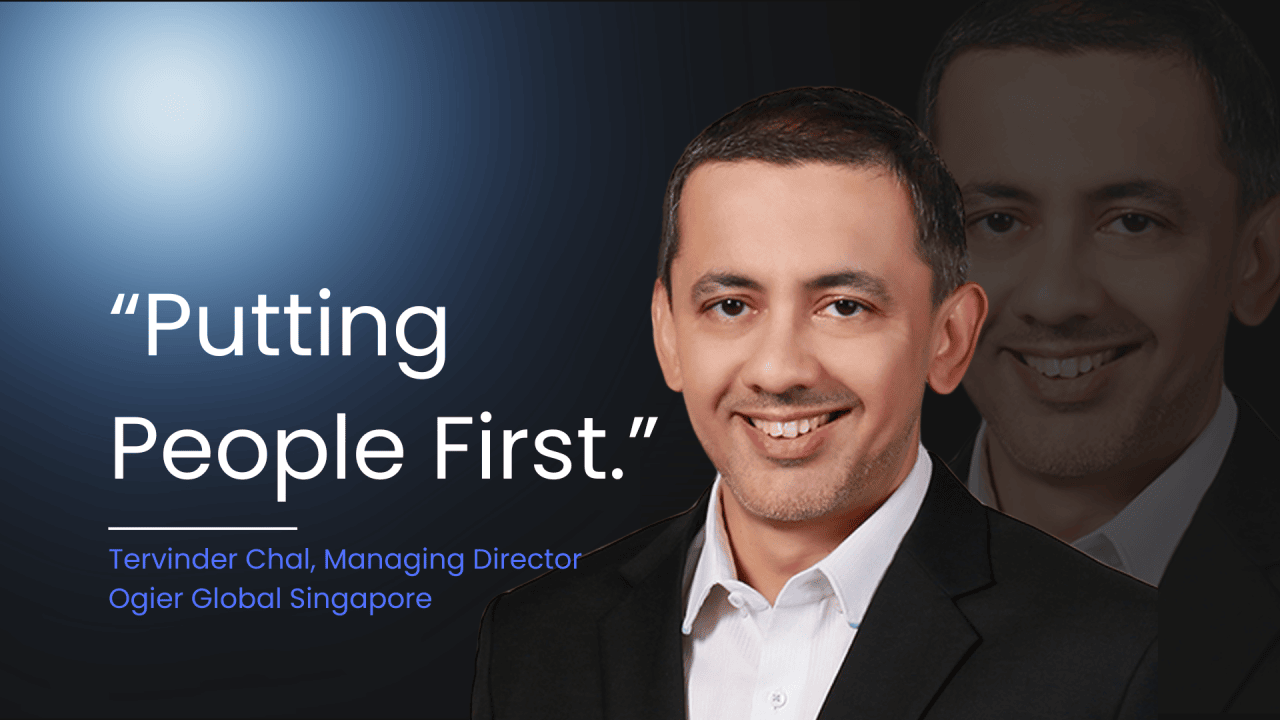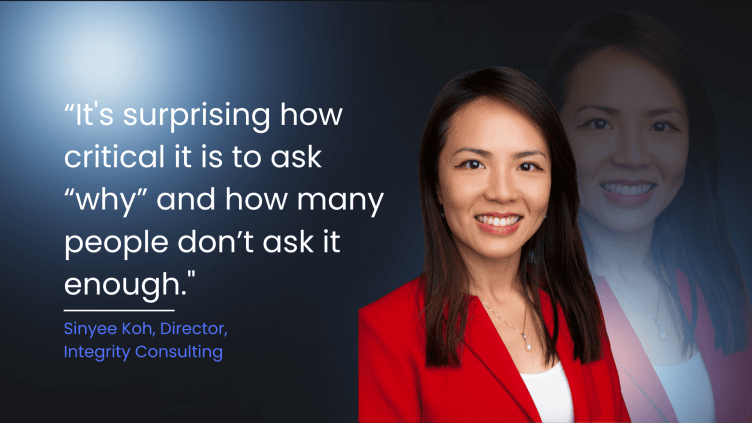Corina Quah has joined SOLAS Fiduciary Services Pte. Ltd. (Solas) to act as a fund director on the boards of various hedge funds, private equity and real estate funds, and related structures. Prior to joining Solas, Corina has held several senior positions in the financial services industry in Singapore, specialising in fund administration and corporate trusts. With more than 20 years’ experience, her previous roles were with Equinoxe Alternative Investments Services, Intertrust and Deutsche Bank AG. She also worked in similar roles at HSBC where she was a manager of the REITS business at HSBC Institutional Trust Services Limited. Corina began her career as an accountant at The Financial Training Co (S) Pte. Ltd and she holds a Bachelor of Commerce, specializing in Accountancy and Marketing (Merit) from the University of Wollongong.
Corina is registered as a director with the Cayman Islands Monetary Authority (CIMA), pursuant to the Directors Registration and Licensing Law, 2014.
Established in April 2016, Solas is a privately-owned company based in Singapore and Hong Kong, with access to professional directorship networks and knowledge of international jurisdictions.
As a market leader in directorship and corporate governance, Solas is dedicated to help you navigate a fund’s life cycle with the highest standards of excellence. The jurisdictions we cover include Singapore, Hong Kong, Cayman and Bermuda.
Mike Sim (MS): Corina, what inspired you to transition into her role as a fund director at Solas Fiduciary Services? Can you share your experience and journey in the financial services industry, leading up to her current position?
Corina Quah (CQ): My journey started back in 2000, at Bermuda Trust, later acquired by HSBC, then a leading trustee and fund services company and I grew my portfolio first in the retail funds space. I was doing middle to back-office role and picking up knowledge on fund accounting valuation, administration, compliance and working alongside with banks and operation teams. I did it for 4 years, moving from a junior to senior role.
In 2004, the Real Estate Investment Trust “REIT” market was growing exponentially and by sheer chance there was an opportunity in the HSBC REIT team looking for a client services role and I quickly raised my hands for the position. There wasn’t much competition since it was a relatively new market and portfolio, and my transfer was a success.
The work exposure in the REITs team was beneficial both on a personal and work level. The opportunity to work with more business partners such as the lawyers, transaction teams and bankers helped me to build my confidence in client relationship management. The steep learning curve of the role from the inception of a REIT to its IPO and managing the transactions from start to close, was truly enriching. It was very challenging, but the result was equally rewarding and just gives me the adrenalin to keep going – at one point, I was overseeing 11 REITs in my portfolio with the help of my team. Personally, the role also helped me to step into a management role learning to head a small team.
Joining Deutsche Bank in 2008, to head up the REITs business, unfortunately was not the correct timing when the Global Financial Crisis (GFC) hit. When the REITs team failed, I was offered a client service role within the newly formed Alternative Funds Team. I decided the take on the role and met Martin from Solas who was heading the team then. During the learning journey, I picked up other skills such as anti-money laundering (AML) and compliance knowledge which led me to the next role in COUTTS private banking and headed a team to perform client onboarding review.

Team Solas
In 2017, I was probably at a career junction wondering what to do next when I was invited to join Solas. Despite my hesitation, the founder Martin O’Regan assured me to give the role a try, with my knowledge and experience, it will help develop into the role. He has been a great mentor, guiding me along the way when I first took on the role and show me the ropes on the role of a fund director.
Looking back, I started my journey with retail funds business, leading to trustee work and closing my circle within the alternative space. When Martin extends his helping hand, I decided to give it a go, hoping to close of this loop of mine as a fund director, learning the oversight role within the fund industry. Martin further sold me the idea of having a female voice within this space which predominantly has been male dominated industry.
Looking back at my journey, I feel I have ended up in the role with the right experience as a fund director having spent my entire career in this industry. Over the years, I have been exposed to the retail funds business, leading to trustee work and closing my circle within the alternative space.
Mike Sim (MS): Corina, how do you view the importance of continuous skills development for a fund director, and what strategies does she employ to stay updated?
Corina Quah (CQ): Continuous skills development is crucial for fund directors to stay relevant, effective, and competitive in the dynamic financial industry. Hence as a fund director, it is necessary for us to be able to keep up with the industry knowledge as well we to move along with the changes that evolves and shape the industry.
It is important to be adaptable and to learn the new changes and knowledge of our constantly evolving industry such as updated regulatory and compliance changes, technology, market trends and investment strategies.
With the expanded knowledge, it helps us as directors to be more informed and improve in our decision-making abilities. This in turn enhances our professional credibility and it also shows our clients and stakeholders our commitment to stay informed and competent.
One useful way to stay updated is to join professional associations related to your field. Within an association, we tend to share knowledge and learn from our peer groups and like-minded professionals. We may also enrol in various training programmes provided to upgrade ourselves. Attending seminars and conferences, is also helpful by listening to the sharing by industry experts and learning from my peers in my industry. I am an active member of the Singapore Fund Directors Association (SFDA), the Alternative Asset Management Association (AIMA) and the Singapore Venture and Private Capital Association (SVCA). In addition, I do subscribe to industry or regulator related subscriptions and get updates in the industry to keep abreast of what is happening in the market.
Mike Sim (MS): Corina, how do you approach your first board meeting with a new client or fund, and what key factors do you prioritize?
Corina Quah (CQ): In general, most board meetings are somewhat similar in procedures where the notices and agendas are set according to what is required to be discussed by the board during that reporting period. What distinguishes the meetings are usually the requirements of the jurisdiction where the fund or companies are incorporated. For instance, a Singapore SPV will have its agenda based more on tax substance, and number of meetings may differ from those companies or funds required in Cayman from the perspective of board update.

Prior to the first board meeting, I usually like to get on a call to discuss with clients and key stakeholders on the board meeting and the agenda. A call is usually helpful as most clients are not aware of the details and processes prior to the first board meeting. Such calls help as well with the various working partners for the fund/SPV/investment vehicle as all parties will be coordinated to ensure the right reports are prepared and presented during those meetings. This will help ensure the board meeting to be more productive.
In most board meetings, key factors that are prioritised would be to ensure the funds or investment vehicles are adhering to the regulations and “doing the right thing”, hence governance will be the key focus. For example, are the funds adhering to the right AML processes in accordance with the jurisdiction’s requirements? Ensuring that the interests of the investors are not compromised by any lack of governance. As a board we should be providing the right level of support, and oversight ensuring the fund/SPV/investment vehicle is on the right track to meet it statutory and regulatory requirements.
Being inquisitive and asking relevant questions are great ways to ensure that the board is kept updated and has proper oversight of the entities. It is an important process; it takes time to educate and to help clients understand the importance of governance.
Mike Sim (MS): Corina, can you discuss the importance of diversity and inclusion within boards, and how do you promote diversity in your role?
Corina Quah (CQ): A very hot topic these days! Getting a diversified board is important in this evolving world. Our industry historically has been a very masculine world, where we do see many boards comprising of the male gender in most cases. It is changing and will take but 3 main reasons why a diversified board is important:
1. Brings different competency across the board. People from different backgrounds and experiences brings different and broader perspectives or mindsets. The female gender usually brings in different mindsets with their experiences and could contribute a different perspective.
2. Diversified boards enhanced problem solving and/or making decisions. It helps to draw upon a wider pool of knowledge and approaches to develop comprehensive solutions.
3. Better stakeholder representation when boards reflect diversity of their stakeholders.
My first step into promoting diversity is to join the DEI sub-committee within SFDA as it gives me an opportunity to work with like-minded people sharing the same ideas. Within the sub-committee, we target to work with industry players and advocate diversity initiatives such as sharing with the industry what the role of a director is, and how a female can be equally competent as a fund director as their male counterpart.

Corina with colleagues in Solas
Another method is to support leadership development programs where directors support leadership development programs such as mentorship, leadership, or sponsorship initiatives. I am currently enrolled in a program- Board Ready Woman program, organised by one of the Big 4, for ladies to learn and understand the role of a director and how they can aspire to become one.
At Solas, we walk the talk by recruiting directors from different backgrounds, ethnicity, and genders. I was the first female director from Solas!
Mike Sim (MS): Can you provide insights into how Solas Fiduciary Services distinguishes itself as a leader in directorship and corporate governance?
Corina Quah (CQ): Solas is a pure play directorship firm and that is our core service offering, by doing so we are truly independent We recruit directors with a wide-ranging skillset to support clients with a diversified pool of directors to suit their requirements. We invest in top tier infrastructure and technology to provide better quality service and monitoring for our clients. We are very active in the funds community, sitting on various working groups at both various industry associations and regulator levels.

Directorships are very much a people business, and one main mantra of Solas is we focus on client servicing as a priority. Being a small but nimble firm helps us to be more personal with clients and to better understand and customise to their needs. That said we have our own policies and procedures within the firm to ensure high quality and consistent services are provided.
In the era of AI, we never use AI to build relationship with client. Client servicing is very important especially in our world. That is how clients see us, we are there for them to provide solutions and add value to what they are doing. That’s the way for Solas.
Mike Sim (MS): How do you approach building and maintaining strong relationships with clients and stakeholders in your role as a fund director?
Corina Quah (CQ): Solas values building client relationships, and, in our business, it is very much a people business. We believe in the human touch of doing business, some things cannot be replaced with AI.
Thus, in Solas, our first mantra is to focus on personalised client services. We cascade this mantra down to the team and support staff as well. Only through us, with this personalised touch, client can know us better and we better understand their needs and we get to know them better.

Mike Sim with Corina Quah
Thank you, Corina for taking time to share your insights on Solas, your role as an Independent Director and sharing your career journey!
Recent Posts
